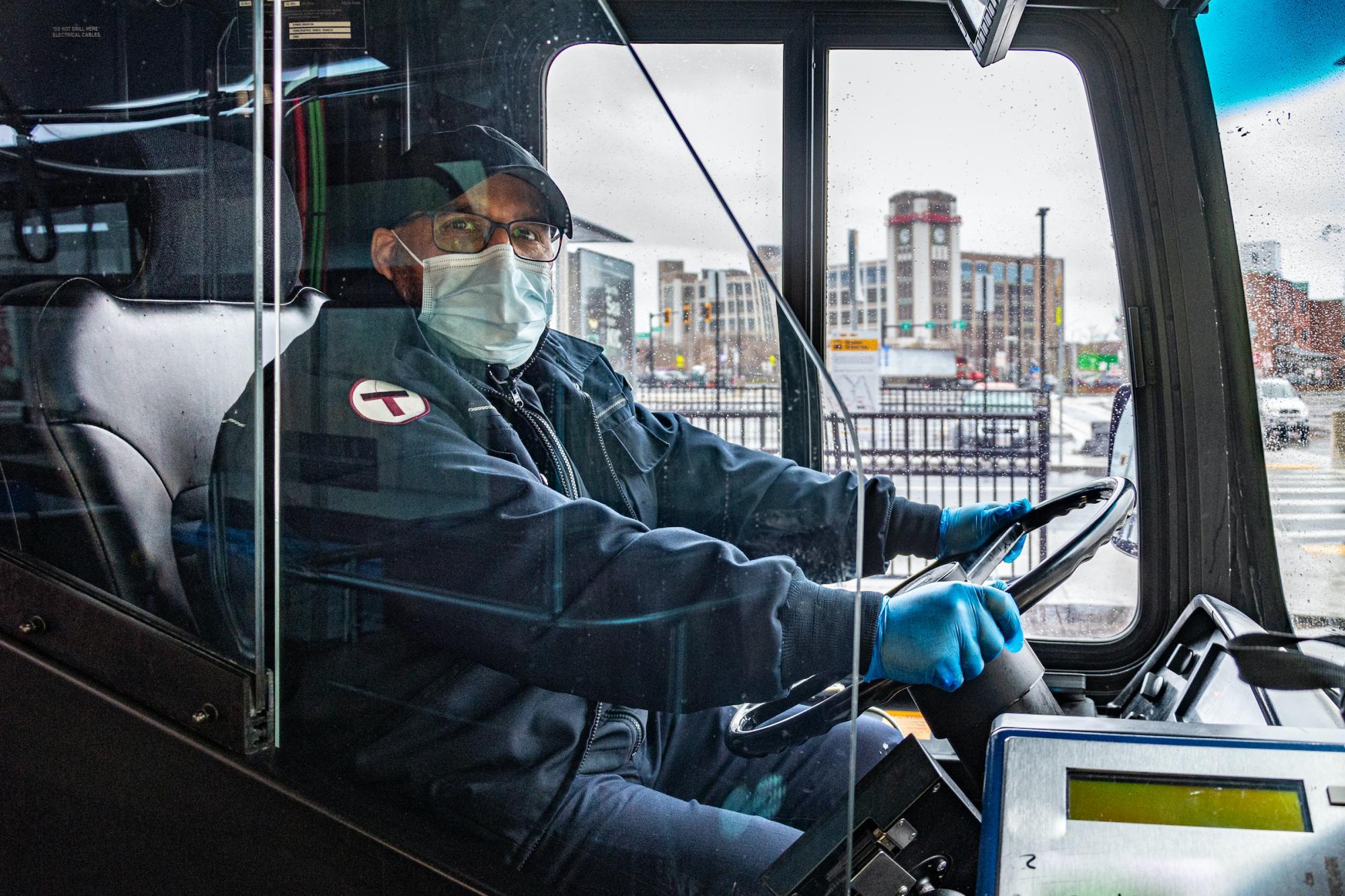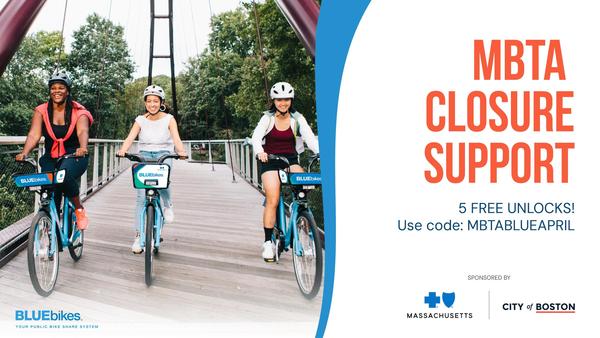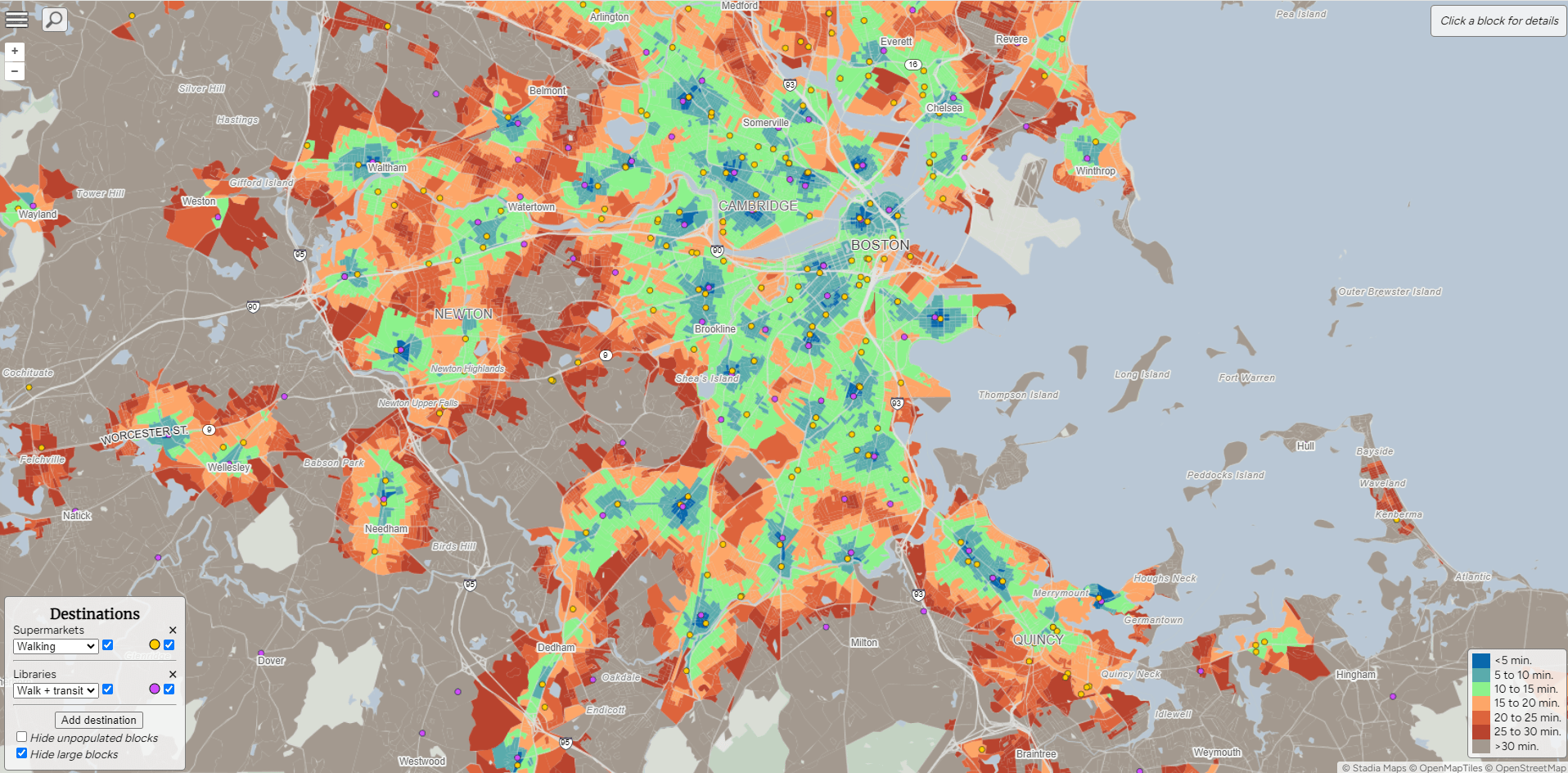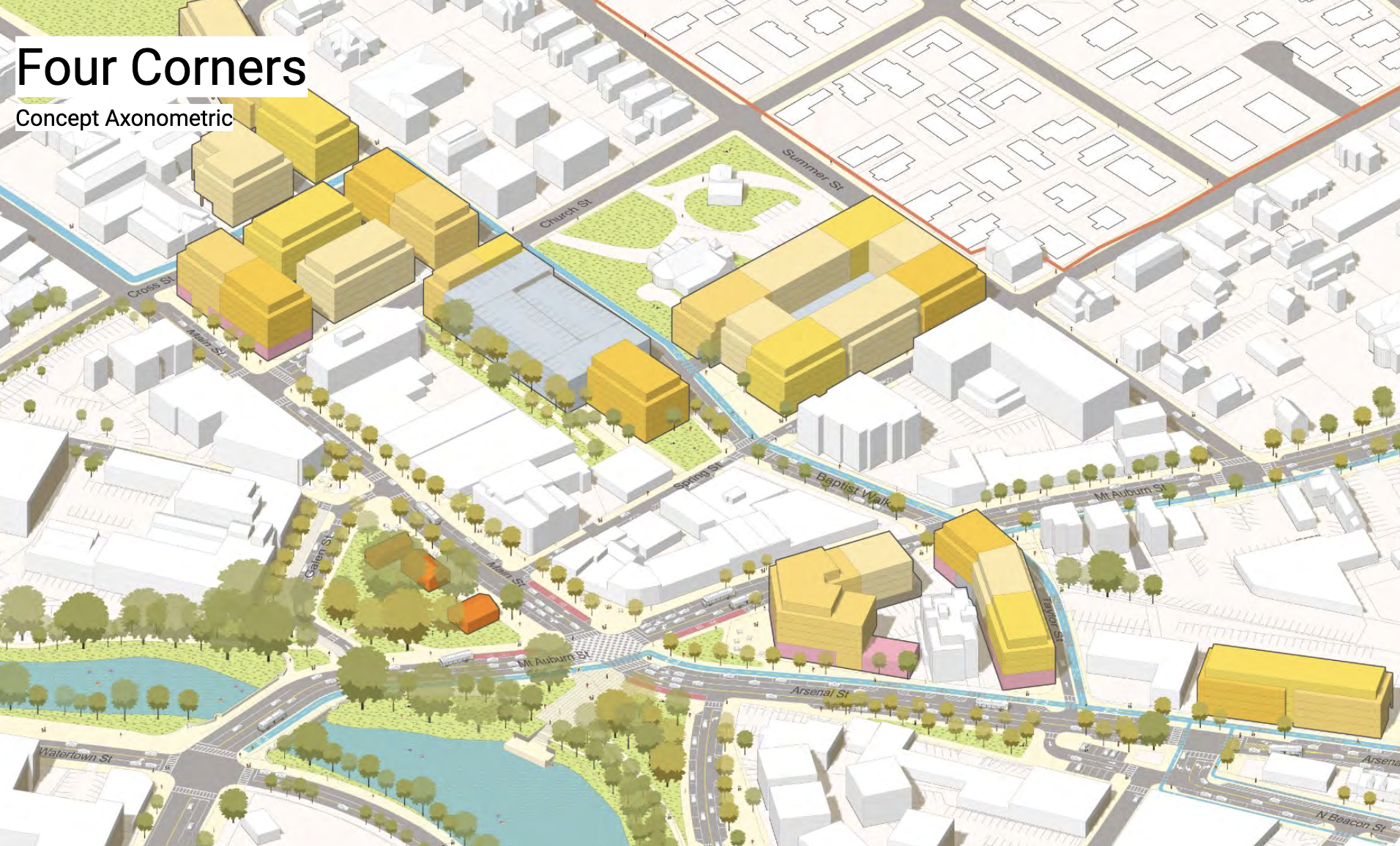Advocates Launch #TransitIsEssential Campaign As T Floats Severe Service Cuts
12:12 PM EST on November 9, 2020

A bus driver at Sullivan Square. Courtesy of the MBTA.
Advocates from business groups, organized labor, and environmental organizations convened this morning to deliver a simple message to MBTA’s Fiscal and Management Control Board (FMCB) and members of the legislature: "transit is essential."
In a press conference outside the State Transportation Building in downtown Boston on Monday morning, coalition members called on the T to put off any decisions on permanent service cuts, and called on lawmakers in the State House to fully fund the T in the state budget, which is currently under debate.
The coalition has also launched a new website, transitisessential.org.
Speakers at Monday morning's press conference focused on the impact that the service cuts would have on lower-income, transit-dependent households in the greater Boston region.
“Some of us have been able to work from home and adapt that way, but many of our frontline, essential workers depend on bus and T service,” said Chenelle Brown, a member of the Alliance for Business Leadership’s Board of Directors.
"We need the T to run early, late and as often as possible so that we are able to get to work on time, and home (at the end of the day)," agreed Anastancia Cuna, an organizer with the National Domestic Workers Alliance and a board member with the Matahari Women Workers' Center. "Domestic workers are essential workers, and didn't stop working during the pandemic. They took care of us. Now we need to have their backs."
A few hours later, the MBTA's Fiscal and Management Control Board (FMCB) convened for a long meeting that was primarily devoted to discussions of budget cuts and service reductions, which the agency has euphemistically branded as the "Forging Ahead" initiative.
According to meeting materials related to that initiative, the T is proposing a new "base service" scenario that would cut $128 million from the operating budget in fiscal year 2022, which begins next July, with significant reductions in daily transit service.
Among the changes under consideration:
- 25 bus routes would be eliminated, mostly on lower-ridership suburban routes; an additional 19 routes would be consolidated or restructured.
- All bus and subway service would end at midnight, instead of at 1 a.m.
- About 20 percent of subway trips would be eliminated by increasing headways (the amount of waiting time between trains). On the Green Line branches, for instance, off-peak waiting times would rise from 9 minutes to 13 minutes.
- Ferry services from downtown Boston to Charlestown, Hingham, and Hull would be eliminated altogether. The T rationalizes that ferry riders can use alternative, parallel transit routes, such as the Greenbush commuter rail line.
- Weekend commuter rail service would be eliminated altogether, and weekday commuter rail service would end every weekday evening at 9 p.m.
These service changes would take mostly take effect between March and June of 2021, pending a vote of approval from the FMCB in December.
The T is also planning to shift some funding from its capital budget into its operating budget by postponing some construction projects, such as a $640 million procurement contract for new commuter rail coaches.
As reported previously, the T typically relies on rider fares to cover roughly one-third of its annual operating budget. But with ridership currently at 10 to 15 percent of its typical levels, the agency expects to a budget deficit of $300 to $600 million in 2022, after federal CARES Act relief funding runs out.
Preliminary budget proposals from the Baker administration and the House Ways and Means Committee both essentially flat-fund the T's budget for the 2021 fiscal year, with $1.1 billion for the T from dedicated sales tax revenue, plus $127 million in operating assistance. These are the same amounts that were appropriated in the adopted 2020 budget, which was prepared before the pandemic, although both the House budget and the Governor's proposal would add another $40 million in sales tax revenue that's contingent on a plan to accelerate sales tax collections.
In the House of Representatives, where a debate on the proposed budget bill is scheduled to continue Tuesday, 19 lawmakers (as of Monday evening) had signed on to co-sponsor a "Transit Is Essential" budget amendment (Amendment 700 to House Bill 5150), which would increase the state's operating assistance from $127 million to $435 million.
Stay in touch
Sign up for our free newsletter




